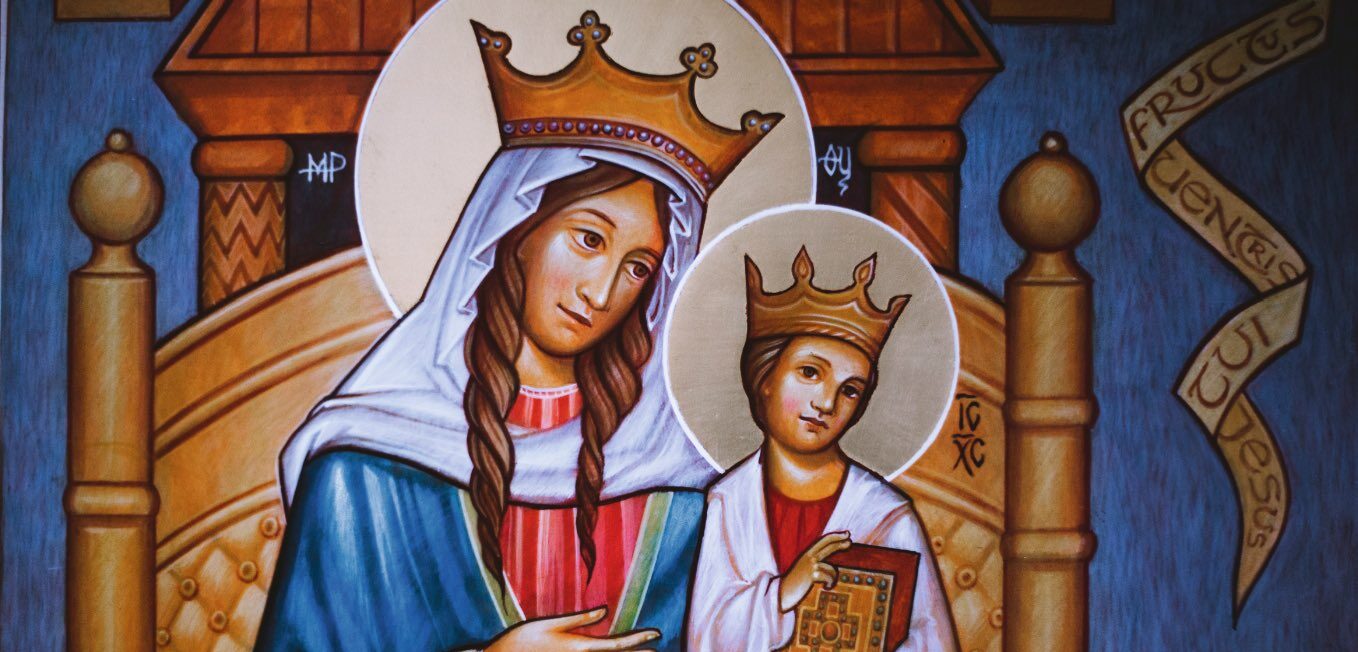Every angel saw nearly all of creation during its creation in what was called the “first instance” (not found in the same time frame as us on earth.) During the “second instance,” each angel had the chance to obey God or disobey Him through some act of sacrifice of its will in regards to its specific mission (where it stayed an angel or became a demon.) Then, the “third instance” was immediate reward with the beatific vision (if the angel obeyed) or damnation into hell where its will is locked into rebellion against God forever.
There is a talk by the exorcist Fr. Ripperger titled Our Lady of Sorrows and Healing, in which the demon Beelzebub was speaking through a possessed woman in the solemn rite of exorcism. The demon was using the vocal cords of the possessed woman to speak to the exorcist. Of course not everything a demon says in these sessions can be trusted (as demons are all liars.) However, there are times in sessions when exorcists can adjure the demon to speak the truth. Apparently, some seasoned exorcists can tell with some level of accuracy when the demon is speaking the truth and when it is lying.
In the solemn session, Beelzebub admitted through the possessed woman that he chose not to sacrifice his will even once to obey God in that “second instance.” The demon further admitted that Mary the Mother of God used her time on earth to make thousands of acts of sacrifice to obey God. This was for God’s glory and the salvation of souls. The exorcist added that sacrifice makes us beautiful as God is beautiful. Amazingly, the demon admitted this theology, which gels perfectly with St. Thomas Aquinas.
But Beelzebub admitted even more than that. The demon explained (under adjuration of exorcism) to tell the truth that he rebelled against God because he wanted Mary’s interior beauty all for himself. What made Mary so beautiful on the inside? It wasn’t just her sacrifice but the fact that she never counted the cost in making so many sacrifices to obey the will of God during her time on earth.
One of the titles of Mary in the Litany of Loreto is speculum iustitiæ, meaning “mirror of justice.” In English, we often think of justice as the opposite of mercy. But that is not the case for the Church Fathers or St. Thomas Aquinas. For them, justice is simply holiness or righteousness (not self-righteousness.) Because of Mary’s purity and humility, she was the most clear and perfect reflection of God’s goodness and holiness during her whole time on earth. Obviously, this is amplified even more in her reign as Queen of Heaven. This is why one of her titles is “mirror of justice.”
In the exorcism described above, Fr. Ripperger realized something profound about the interior life of Mary and the rebellion of that specific demon. To the demon, he asked: “What you really saw when you saw her [Mary’s] interior beauty was Him [Christ] wasn’t it?”
The demon said: “Yes. That’s why I wanted to be God. I wanted His beauty for myself. It wasn’t about the power… It was about that beauty. I wanted it for myself. And because He wouldn’t give it to me, I spat on Him.”
There are a few very important things we can learn from this account. First, we become more like Jesus and Mary if we live as St. Ignatius of Loyola counseled his men, “to give and not count the cost” in constantly loving God and neighbor in a sacrificial, not superficial manner. (The Latin for “to give and not count the cost” is literally Dare Nec Computare.) Sacrifice is not something frenetic that makes us tired, but makes us beautiful like Jesus Christ and His Immaculate mother.
Also, we see that Mary didn’t have to insist on being her own person with a relevant or funny personality like so many modernists foist upon her in talks and movies. I am sure she acted totally human and was very approachable and even lovable, but what was beautiful about the Immaculate Conception was that she was the most perfect prism of God’s eternal light on earth precisely because of her humility and purity. What does a prism do? It makes white light visible on earth in a myriad of rainbows of beauty. Such was the Immaculate Virgin Mary.
In a time when people think purity and humility are boring virtues, we can see that avoiding a big personality or a life of pleasure makes us beautiful. It’s not just because self-denial makes us beautiful (though there are more and more scientific studies revealing this at the natural level every year) but because denying our will makes God shine through us, even if a dim reflection of she who was the spotless reflection of the Son who lives forever in unapproachable light.
